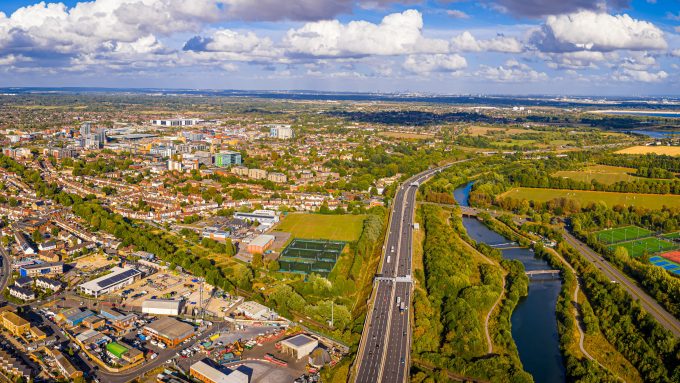
Plant a spotlight on the problems you are trying to solve, and open it up for others to innovate

The last five years have seen five governments under three different leaders. Local government is used to periodic political change with semi-regular shifts in the political make-up of councils. But ultimately the institutions and systems which underpin this country’s national and local politics rarely experience excessive upheaval and widespread reform in the areas where such reform is needed. One example is public procurement.
This is positive as it enables officers and civil servants to provide stability no matter the political landscape. However, the controlled pace of shifts in various sectors, including public procurement, means our institutions are at risk of relying on entrenched traditional practices and being less open to innovation.
Yet, as the world changes around us, government at both a local and national level needs to adapt and evolve too in the way it not only operates but procures and commissions services too.
That is why Solace is pleased to be working with Connected Places Catapult on its Challenging Procurement initiative.
“Procurement processes have the potential to catalyse the re-imagining and improvement of the way services are delivered.”
There was a time when procuring or commissioning services was mostly about cutting costs and driving out inefficiency. However, a steady stream of examples over the last decade of lengthy, inflexible and costly contracts between councils and their partners has led many of our members to question the value of this approach. Gone are the days of simply ‘lifting and shifting’ services and the largely artificial transferring of risk.
Historically procurement processes have been perceived to be rigid, slow and expensive when in fact they have the potential to catalyse both the re-imagining and improvement of the way services are delivered. This could be through working with partners in the private sector, voluntary and community organisations and other alternative providers, or even bringing services back in house.
Instead of focusing on costs and savings, procurement processes are a chance to put a spotlight on the problems you are trying to solve and the objectives you want to achieve. Doing so has the potential to not only lead to more imaginative and inventive solutions but to deliver progress towards a wider, less siloed set of goals.
This reinforces the importance of developing a coherent and compelling future vision for a place — if everyone understands where you want to get to, it can encourage innovation and change in order to achieve those objectives. This includes building in social value to a procurement process as sometimes the ‘value’ you get is not just about the bottom line but the social good and creating more resilient communities.
In May 2019, the UK signed up to the OECD declaration which committed the country to making the public sector more innovative. As we prepare to enter a new decade, under a new government, this is a chance for us all to think again about how we could, and indeed should, operate more innovatively and deliver better outcomes for our people and our places.





